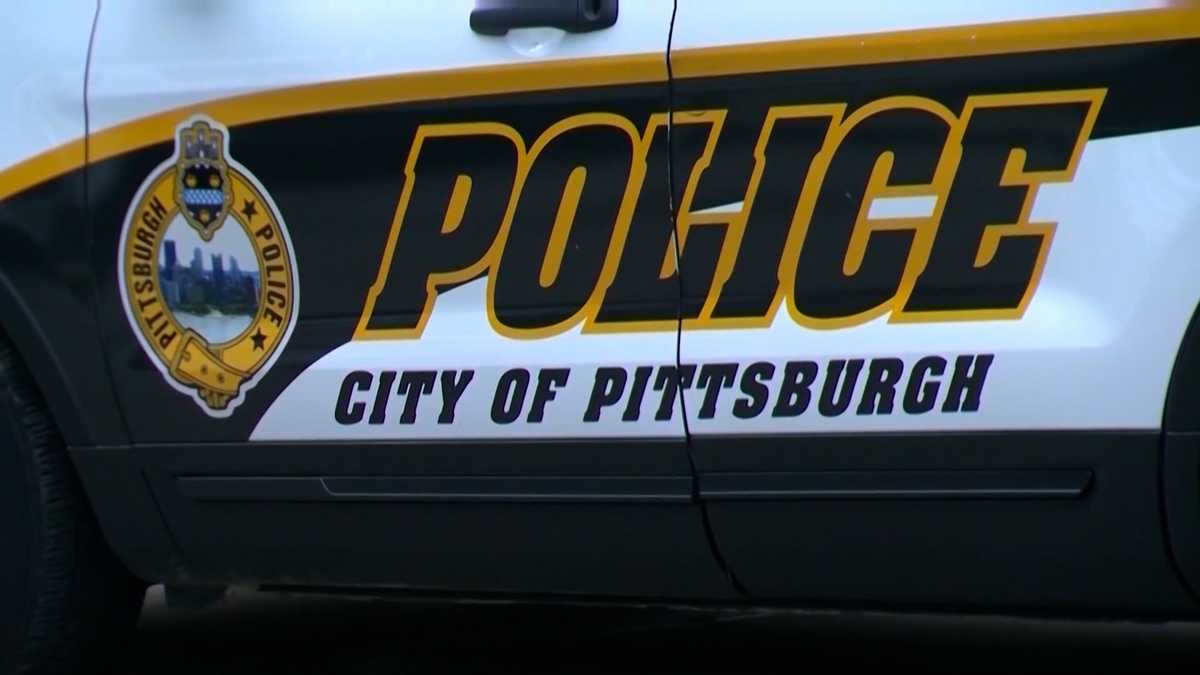Pittsburgh City Council members met Wednesday to review the first annual fleet efficiency report, delving into the city’s long-standing problem of aging emergency vehicles. Councilmember Bobby Wilson — who first proposed the creation of an annual report in July to bring transparency to the issue — described the state of the aging fleet as “very dire.”” a lack of awareness that we all have about how serious the problem is,” Wilson said. “So that’s why we want to make sure there’s a report that really tells Council how bad the problem is.”The report found that 48% of the city’s roughly 1,300 vehicles — including police cars, ambulances, and firetrucks — are considered past their life cycle. The estimated “total replacement cost” to refresh the fleet with new vehicles is around $200 million, according to Pittsburgh Fleet Services Senior Manager Firmin Maurice. As a vehicle ages, not only does its reliability go down, but its cost of maintenance goes up, according to the report. Wilson says that because of the rising costs of repeatedly repairing old vehicles, it would save taxpayers money in the long run to invest in new vehicles. “I believe that we are going to have to find a strategy in terms of growing Pittsburgh in a way, growing our tax base in a way that’s going to support new vehicles so that we’re not spending as much on maintenance,” Wilson said.The city isn’t investing enough into its fleet, according to Wilson, budgeting around one-fourth of the recommended $20 million for vehicles each year. With budget restraints already tight, Wilson says the city’s aging vehicle problem puts pressure on the next mayoral administration to bring in fresh revenue.” extremely important … in this next administration that we have someone who is really going out to other cities and attracting jobs to come back to Pittsburgh and also an administration that’s going to attract development,” Wilson said. “With that strategy, with a with a great partnership with the next administration, I plan to see increased growth in Pittsburgh so that we can better support our residents through the fleet.”Fleet reports are scheduled to come out every September for the coming years.
PITTSBURGH —
Pittsburgh City Council members met Wednesday to review the first annual fleet efficiency report, delving into the city’s long-standing problem of aging emergency vehicles.
Councilmember Bobby Wilson — who first proposed the creation of an annual report in July to bring transparency to the issue — described the state of the aging fleet as “very dire.”
“[There’s] a lack of awareness that we all have about how serious the problem is,” Wilson said. “So that’s why we want to make sure there’s a report that really tells Council how bad the problem is.”
The report found that 48% of the city’s roughly 1,300 vehicles — including police cars, ambulances, and firetrucks — are considered past their life cycle. The estimated “total replacement cost” to refresh the fleet with new vehicles is around $200 million, according to Pittsburgh Fleet Services Senior Manager Firmin Maurice.
As a vehicle ages, not only does its reliability go down, but its cost of maintenance goes up, according to the report. Wilson says that because of the rising costs of repeatedly repairing old vehicles, it would save taxpayers money in the long run to invest in new vehicles.
“I believe that we are going to have to find a strategy in terms of growing Pittsburgh in a way, growing our tax base in a way that’s going to support new vehicles so that we’re not spending as much on maintenance,” Wilson said.
The city isn’t investing enough into its fleet, according to Wilson, budgeting around one-fourth of the recommended $20 million for vehicles each year.
With budget restraints already tight, Wilson says the city’s aging vehicle problem puts pressure on the next mayoral administration to bring in fresh revenue.
“[It’s] extremely important … in this next administration that we have someone who is really going out to other cities and attracting jobs to come back to Pittsburgh and also an administration that’s going to attract development,” Wilson said. “With that strategy, with a with a great partnership with the next administration, I plan to see increased growth in Pittsburgh so that we can better support our residents through the fleet.”
Fleet reports are scheduled to come out every September for the coming years.

